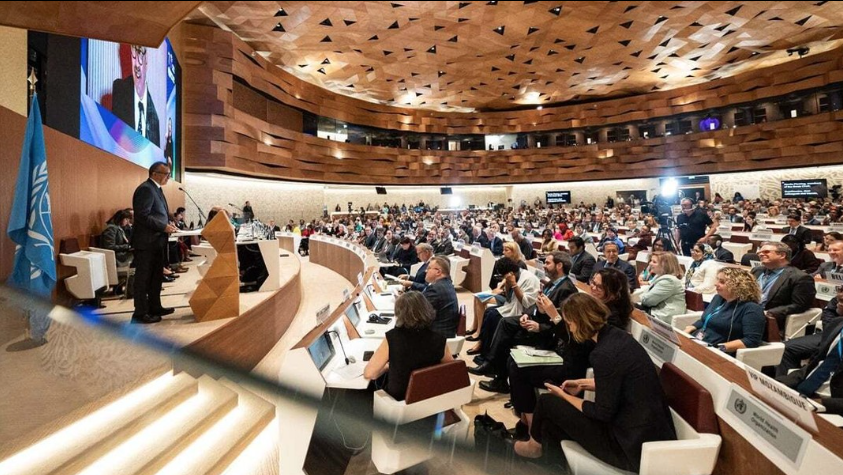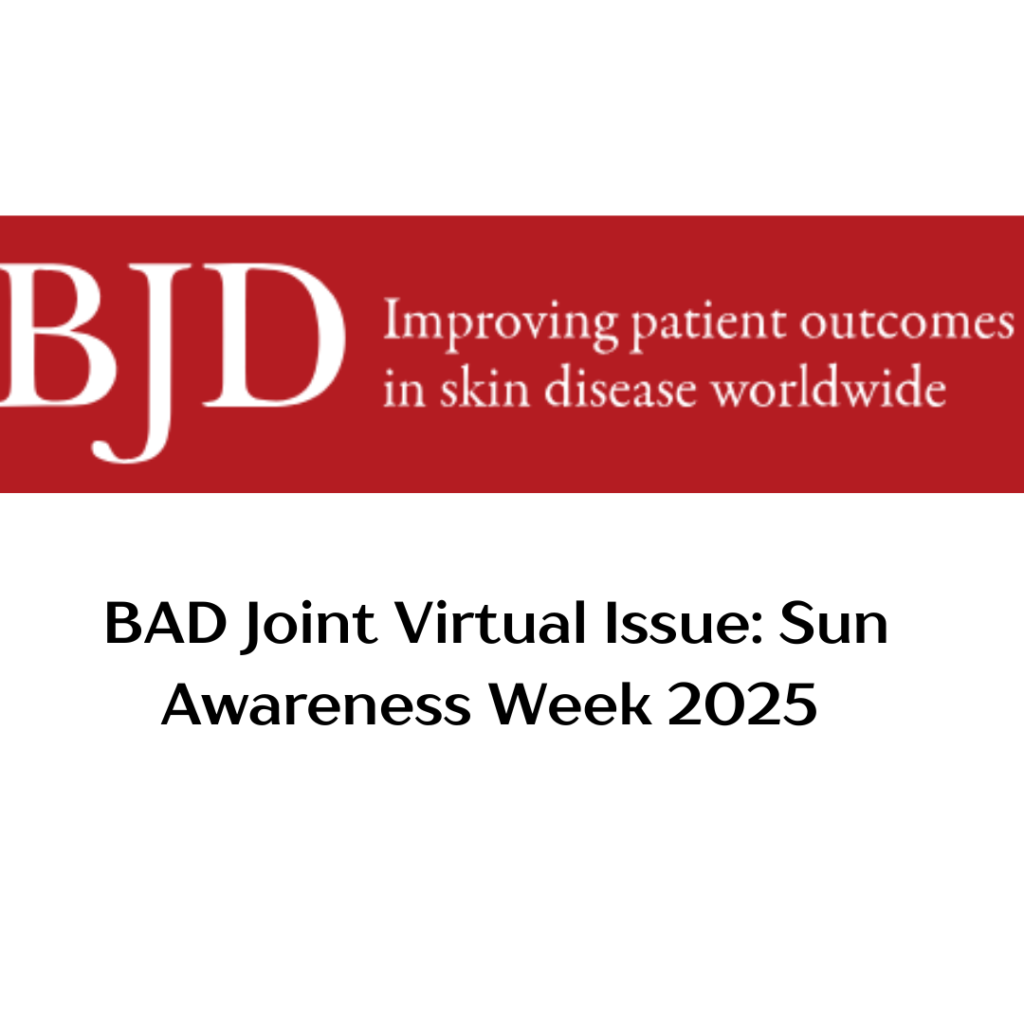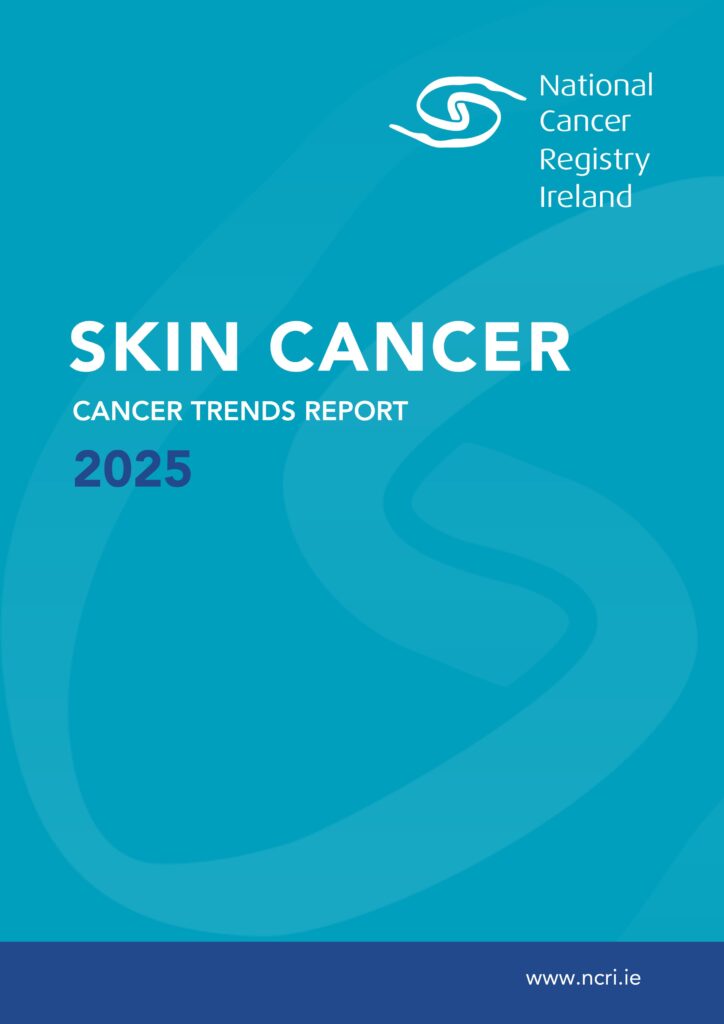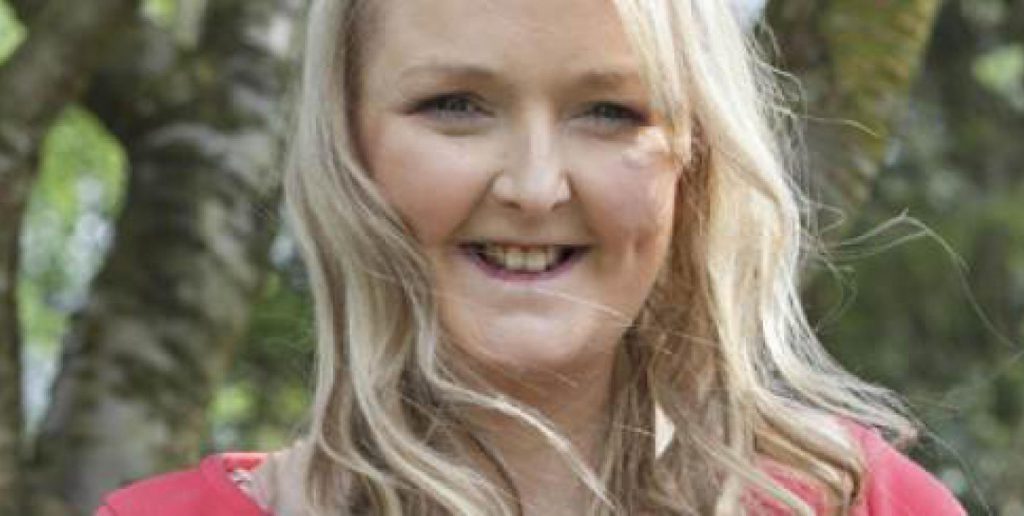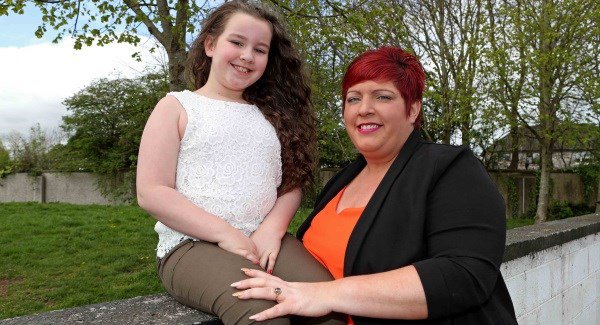ISF calls on voters affected by skin conditions to ‘Make Skin Visible’ in Election 2020
Election 2020 will be held on 8th February. Over the next few days and weeks your election candidates will be calling to your home to ask for your support.
This is a great opportunity to highlight the need for more resources for the public dermatology services that serve people living with distressing inflammatory skin conditions (like psoriasis, atopic eczema and HS) and life-threatening skin cancers.
Reasons to improve dermatology outpatient services
As the country decides on who will form the next Government, there are important reasons why you should care about better resourcing of dermatology outpatient services for the future:
- First, skin cancer rates are expected to double between 2020 and 2045. Complex and life-threatening skin cancers are best managed by hospital-based multi-disciplinary teams. This trend, and our ageing population, will put further pressure on hospital services
- Secondly, there is growing demand from people living with severe and complex chronic skin conditions for consultant diagnosis, management plans, and access to advanced and life-changing new treatments and therapies which require ongoing hospital-based management
What should I ask candidates?
We urge you to ask election candidates one, or all, of the following questions:
Question 1: Waiting times
What will you do to ensure timely access to outpatient dermatology clinics and a real reduction of waiting times for patients?
Question 2: Public services, facilities and staff
What will you do to ensure long-term development of public dermatology services and facilities? Do you have a plan for retention and recruitment of specialist nurses and doctors?
Question 3: Your GP service
A large proportion of people living with chronic skin conditions can access the care they need through their local GP, at community level. Consider asking your election candidates how they are going to support the expanded role of community-based care as envisaged under Sláintecare, ensuring that there are enough GPs and community-based primary care staff (like practice nurses, public-health nurses etc.) to continue delivering accessible care locally.
Question 4: The National Treatment Purchase Fund
The National Treatment Purchase Fund (NTPF) spends hundreds of millions of euro buying appointments in the private sector for people on waiting lists for diagnosis and treatment. Political parties have different attitudes to the NTPF’s approach, ranging from committing additional funds to replacing it with another system entirely. For people living with chronic conditions, who need access to on-going management, an NTPF-style system offering one-off appointments (often distant from home), does not address their long-term healthcare needs.
Additionally, there are questions as to whether public funds are best spent purchasing private-sector appointments to reduce waiting times in the short term, instead of being invested in public services for the long term. Consider asking your election candidates about their view of the current system and what they would do to ensure the NTPF works well for the services that you and your family need.
Hospital Services
Hospitals in Ireland are organised into Seven Hospital Groups, at the links below you can find out more about how your local services are organised.
- Ireland East Hospital Group
- RCSI Hospital Group
- Dublin Midlands Hospital Group
- UL Hospitals
- South/Southwest Hospital Group
- Saolta Hospital Group
- Chidren’s Health Ireland
The ISF highlights issues for people accessing public dermatology services like outpatient appointment waiting times, the need to address rising skin cancer rates, and the physical and psychological impact of living with and managing chronic skin conditions. Find out more about our advocacy work.
If you need guidance or support about managing a skin disorder, contact the ISF Helpline for free assistance and information.

